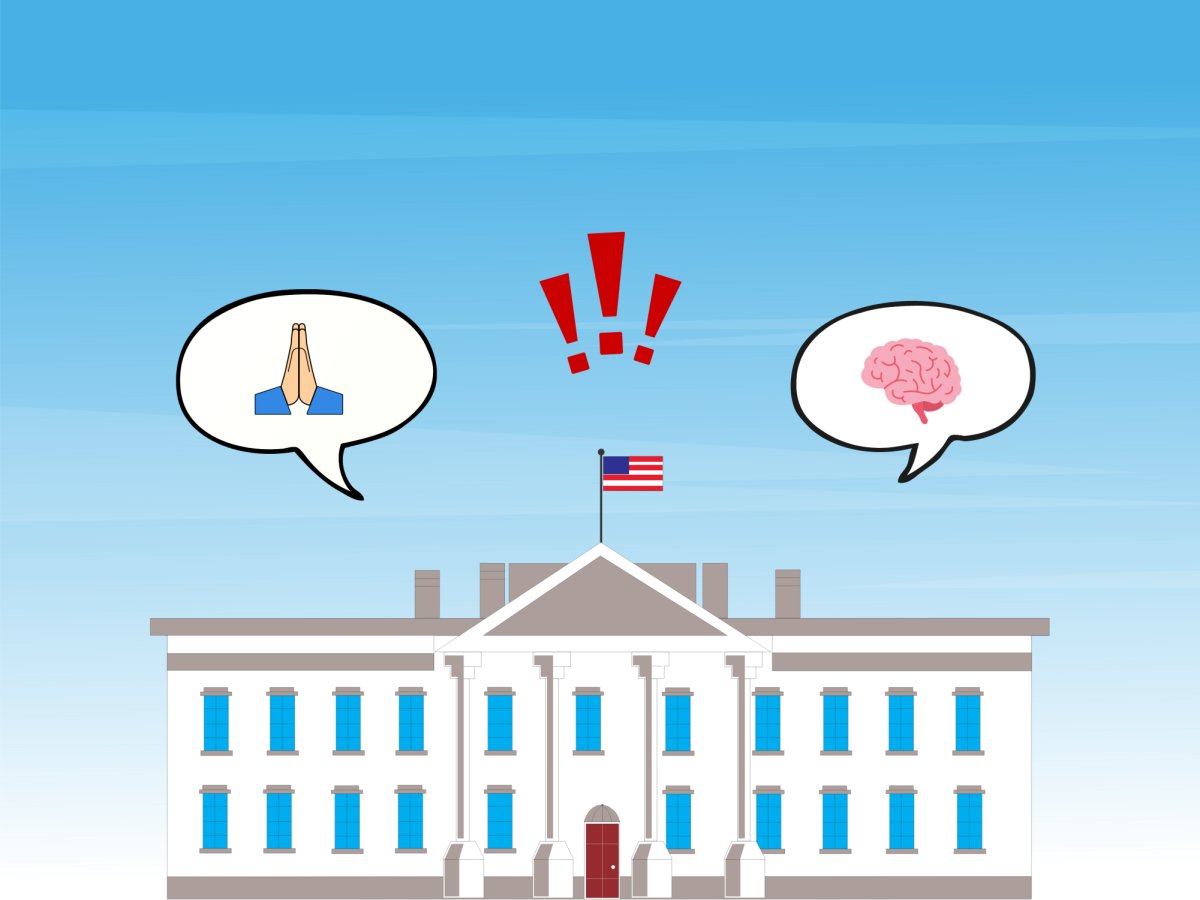Chauvin verdict not indicative of the system
On Tuesday April 20, 2021, Derek Chauvin, a former Minneapolis police officer, was found guilty of the murder of George Floyd in May 2020. The jury found Chauvin guilty of second-degree murder, third-degree murder and second-degree manslaughter.
While there is relief that the verdict holds Chauvin accountable, it does not address the systemic inequalities that continually target Black and brown Americans. Our justice system needs fundamental and profound change.
Floyd is not the first Black man to die at the hands of police, and as we have seen, he won’t be the last. However, his killing resulted in immense national and international public protests, largely because his horrific death was recorded by a brave teenager. And, so we ask: Would Chauvin have been found guilty if Darnella Frazier had not filmed Floyd’s death for the world to see?
This question highlights why our justice system needs to be overhauled so that Black Americans can also be assured of getting justice. We should not have to question whether murderers are going to be convicted unless there is evidence on film.
Americans, especially Black and brown Americans who are disproportionately killed by police, deserve to have a judicial system that upholds the law regardless of public outcry and viral attention.
Of course murderers should be charged and convicted in every instance, but it is rare that police officers are actually held accountable for perpetrating violence against citizens. The Henry A. Wallace Police Crime Database at Bowling Green State University reported that only about 56% of police officers charged with violent crimes are convicted. Police tend to have leeway in the judicial system, and if they say they felt uncomfortable or threatened they are usually believed.
On the same day the jury found Chauvin guilty, a police officer fatally shot a 16-year-old girl in Ohio, Ma’Khia Bryant. Bryant was the one who had called the police for help, stating that there were people fighting outside of her house. While Bryant appeared to have a knife, the officer could have deescalated the situation without killing her, the way they did for Kyle Rittenhouse, a 17-year-old white male who openly carried an AR-15 and killed two people. Police are still taking Black and brown lives at a disproportionate rate.
The outcome of Chauvin’s case is a small movement in the direction of justice for all, but the issues of police brutality and unaccountability need to be addressed at an institutional level. Our activism cannot end, there is still much work to be done.











































